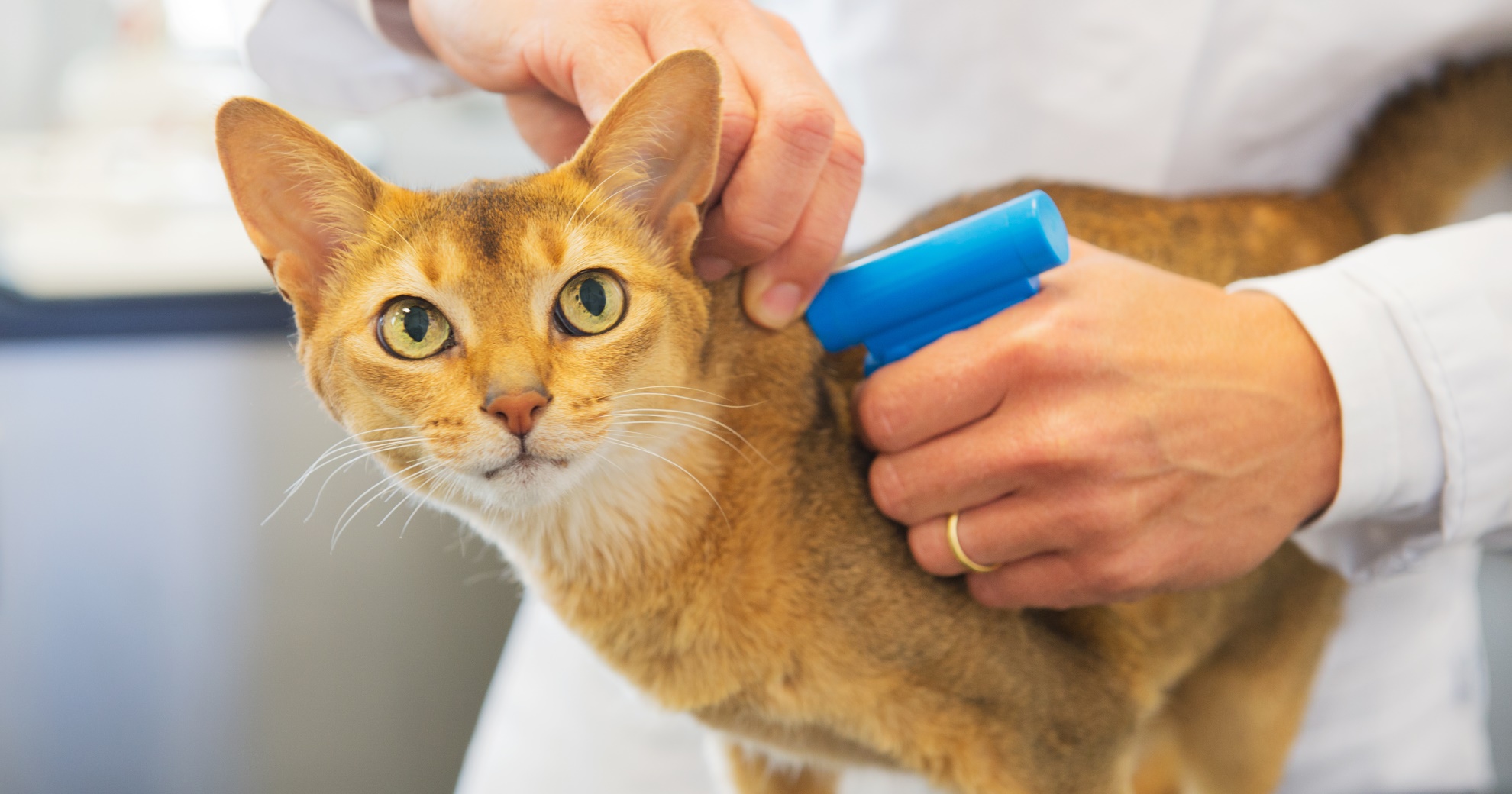HEALTH & WELLNESS

TRENDING

SIGN UP and Start Receiving
Our Monthly Newsletter,
The Chronicles
Reasons To Chip Your Pet

Sadly, many cats and dogs lost each year are never found and reunited with their human companions because no information is available on their identity or the contact details of the owner.
Although many pet owners ensure that their dogs and cats have collars and often attach a name tag inscribed with the pet’s name and their own contact details, these methods are often not reliable. Collars and name tags can easily fall off or break or the information on them becomes illegible over time.
A modern and effective way of protecting your dog or cat from being lost or stolen is microchipping them – a service available at most veterinary clinics.
What are microchips?
Microchips are implantable electronic computer chips, about the size of a grain of rice. A veterinarian will insert this chip under your pet’s skin using a needle without anesthesia, similar to a simple injection. Each microchip carries a registration number that is associated with the owner’s name and contact details. This information is added to a pet registry service offered by the chip manufacturer.
Microchips do not have batteries and work by receiving a radio signal from a scanner and transmitting the encoded chip identification number back to the scanner. Once the chip identification number is displayed on the screen of the scanner, the vital contact information can be retrieved.
Benefits of microchipping
There are a number of reasons why microchipping is beneficial:
- While pet collars and name tags can easily break and disappear or fade away, the microchip is permanent and can’t be separated from the pet.
- Microchipping is a quick, painless and safe procedure. The microchip is injected under the skin using a hypodermic needle.
- Microchips last a lifetime. Once implanted, they are worry free, aside from having your veterinarian scan your pet ‘s microchip each year to check for any malfunction.
- Microchips have reunited hundreds of pets with their human companions.
- If your pet ever goes astray, they will be protected. A registered microchip with up-to-date contact information is the most reliable form of identification for pets.
If you have any additional questions about the microchipping procedure, please get in touch with your local veterinary healthcare team.
Related Articles










